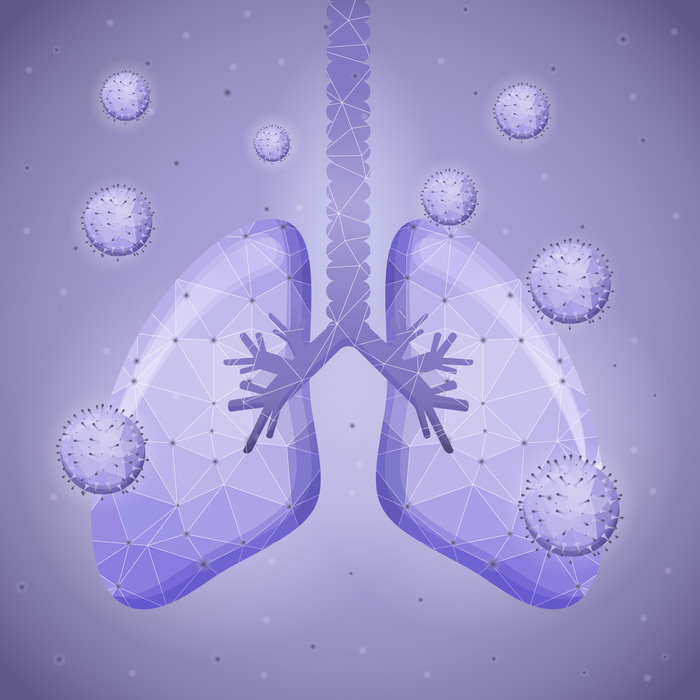Once a child begins to show signs of distress or experiences difficulty, the situation will only get worse (Photo: ShutterStock)
According to data from the National Council for the Child in the statistical yearbook "Children in Israel 2021", in March-April 2021, 21% of parents reported symptoms of anxiety in their children.
According to data from the Maccabi Health Fund, in 2021 there was an increase of about 39% in the percentage of adolescents (12-17 years) diagnosed with depression; a 33% increase in the proportion of teens diagnosed with anxiety; a 20% increase in the percentage of adolescents diagnosed with stress and emotional disorders; and a 56% increase in the percentage of teens diagnosed with eating disorders.
The data also show that compared to 2020, in 2021 there was an increase of about 43% in the number of treatments performed by educational psychologists of the Ministry of Education for students at risk of suicide.
"Because of the stigma created regarding the image of mental health, many parents tend not to seek treatment, thus delaying the referral to professionals in the field, which is a shame. Thus, the problem is exacerbated and intensified, as opposed to diagnosis and treatment that can even save lives," explains Dr. Masha Karni, a child and adolescent psychiatrist, who coordinates the clinical and consulting field as a municipal psychiatrist in the Education Department of the Rehovot Municipality, as well as lectures and trains psychologists, social workers and educators.
According to her, once a child begins to show signs of distress or experiences emotional, social, physical or developmental difficulties, the situation will only get worse unless he receives the right and professional response. "In the same way," she notes, "parents should also be given tools to deal with the problem in order to move on."
What does emotional problems mean in children and adolescents?
"These are situations that are expressed in behavioral, functional and social difficulties, and can include, among other things, mood changes, stress, anxiety, negative thinking and fears. This condition can lead to impairment of social functioning, health and more. At any age, there are different warning signs that are important to know.
"In early childhood, especially in years when the child still does not speak or is unable to express his feelings, it is important to identify any change in behavior or developmental regression, such as seclusion and apathy. Other signs of distress at these ages can be regression expressed in enuresis after a period of weaning, returning to a bottle or pacifier, and when the difficulty of saying goodbye at the entrance to the educational framework recurs or intensifies. The same applies to children who suddenly become sick frequently."
'In adolescence, the signs of distress are much more pronounced and severe' (Photo: ShutterStock)
According to Dr. Karni, "At latency ages, abdominal or head pain can appear and somatic symptoms may develop as a result of an emotional or mental problem that damages the immune system. This is in addition to deterioration in functioning and decreased achievements in all areas, seclusion, escape to screens, nightmares, stomach pains, headaches, and decreased appetite."
What are the signs of distress in adolescence?
"In adolescence, the signs of distress are much more pronounced and severe, ranging from addictions and decline in studies, concentration and memory problems, lack of enjoyment of things that the teenager enjoyed doing in the past, sleep problems, behavioral difficulties, or attachment to populations characterized by questionable behaviors. This is in addition to risky behavior, tantrums, acts of violence and dropping out of school. In girls, distress can manifest itself in eating disorders or excessive physical activity."
Is it possible to map the causes of mental distress?
"There are times when you can put your finger on a trigger, especially when the changes start dramatically. On the other hand, many times these are emotional and mental distress that are influenced by genetic baggage, such as obsessive-compulsive disorder, depression, psychotic states, anxiety, attention deficit disorder and severe temperament. Environmental and biological factors are added to this."
How can we diagnose that this is indeed emotional distress?
"The best example that quite a few parents know and experience is when at school they warn and cry out for help due to behavioral problems that are expressed in lack of concentration, crying, outbursts and more."
According to Dr. Karni, "In most cases, educational authorities will recommend a diagnosis of attention deficit hyperactivity disorder, but in practice the symptoms may actually mask the emotional difficulty. In general, whenever the parent, educational figure or any responsible adult in the child's environment identifies the warning signs mentioned earlier, it is important to make a differential diagnosis that will serve as a basis for subsequent treatment."
How is it treated?
"First and foremost, and without sacrificing the diagnosis, it is important to provide a child with a support network at home and at school so that they feel safe enough to tell an adult what they are going through. If there is a suspicion that emotional distress is indeed involved, it is best to consult with a professional such as a psychologist, psychiatrist or expert therapist, who can provide a variety of treatments according to their area of expertise."
For some children, Dr. Karni explains, especially those who have difficulty expressing and expressing their feelings, therapy can be offered through art, drama or music. "In some cases, medication should be considered, which can provide a solution combined with emotional therapy. The success of any type of treatment also depends on the envelope that the child's environment receives, with an emphasis on parental guidance and response to the school or kindergarten as well."
Many parents fear the effect of drug therapy.
It should be noted that today there is a new generation of drugs, and only if the child really needs this type of treatment, there are preparations (approved by the Ministry of Health and the FDA) with very few, if any, side effects. In most cases, continuous psychiatric monitoring and monitoring is necessary in order to monitor changes in condition and the appearance of side effects. In addition, it is important to understand that emotional and mental difficulties in children can mostly be treated with an emphasis on the optimal response that includes a bio-psychosocial therapeutic approach," concludes Dr. Karni.
Dr. Masha Karni, a child and adolescent psychiatrist, has extensive experience in the field. Coordinator of clinical and consulting in the Education Department of the Rehovot Municipality. To contact us and for more information, please contact ushereor by phone: 077-3336757
More in Walla!
Everything you need to know about vacationing in Croatia - at the most affordable price
In association with Croatian National Airlines
In association with Zap Doctors
- health
- Doctor's
Tags
- anxiety






/cloudfront-eu-central-1.images.arcpublishing.com/prisa/56XAYHM37FH45ARX6TUXG63UWQ.jpg)


/cloudfront-eu-central-1.images.arcpublishing.com/prisa/S7LJOK2FUJETBONYOXZTNAWH7Y.jpg)





